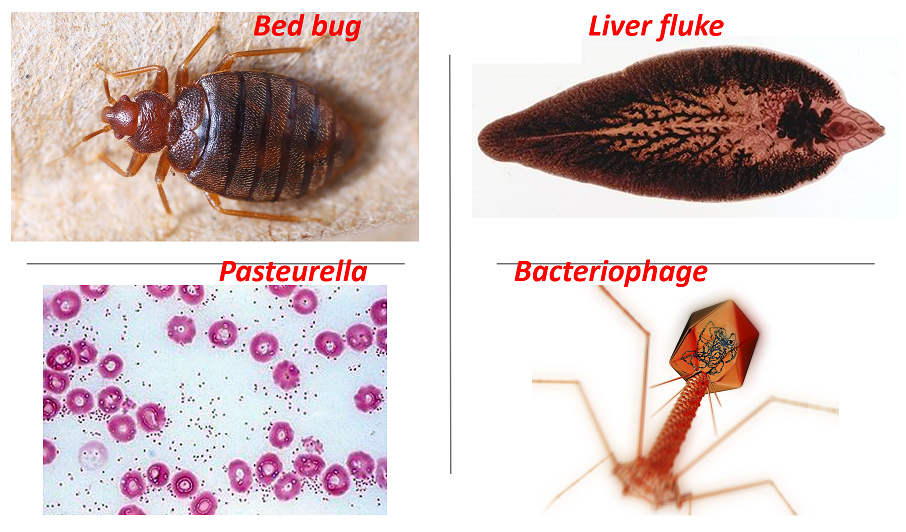Parasitism is the type of population interaction, in which one organism lives inside or on the body of another organism, for getting the nutrition for its survival. The organism, which serves the other one is the host, and the organism which gets the food is the parasite. The host is larger, and generally, the parasites are the host-specific. Both the parasite and the host tend to be co-evolved, i.e. if the host adopts the mechanism to resist the parasite, the parasite also evolves some mechanism to neutralize that effect.

How Parasites Depends on Hosts
Generally, six major parasitic strategies are adopted by the parasites, to exploit the animal hosts. These include the micro-predation, vector transmitted parasitism, parasitoidism, directly transmitted parasitism, parasitic castration, and trophically transmitted parasitism. Often, the parasites depend on the host for long periods. In the parasites, there are some specific adaptations, such as the loss of unnecessary sense organs, the presence of the suckers, or the adhesive organs, high reproductive capacity, and the loss of the digestive system. To facilitate the parasitism, the parasites involves one or two intermediate hosts. The growth, survival, reproduction, and population density of the hosts is reduced by the parasites.
Classification of Parasites
Based on the habitat of the parasites, on the outside, or inside the body, they can be categorized as the ectoparasites and endo-parasites.
- Ectoparasites: The ectoparasites live on the skin of the body of the host. Some common examples include the ticks on the dogs, lice on the humans, and the copepods on the marine fish.
- Endoparasites: They live inside the body of the hosts. Due to their features of living inside the host body, they have an extremely complex life cycle. The common examples are gut parasites and the body fluid parasite.
Just like, the predation the parasitism is also a type of consumer-resource interaction. Due to the specialized pathology of the parasites, the fitness of the host is reduced. They exploit the host for the necessary resources for their survival and increases their fitness. Often the parasitism is unambiguous, but it is an important part of the spectrum of the interactions between the species.
Modifying the Host Behavior
Sometimes, with the main intention to increase their transmission between the hosts, parasites, modify the behavior of their host. A variety of defensive mechanism is evolved by the host against their parasites. These may include the immune system, the physical barriers, and defensive chemicals in some plants.